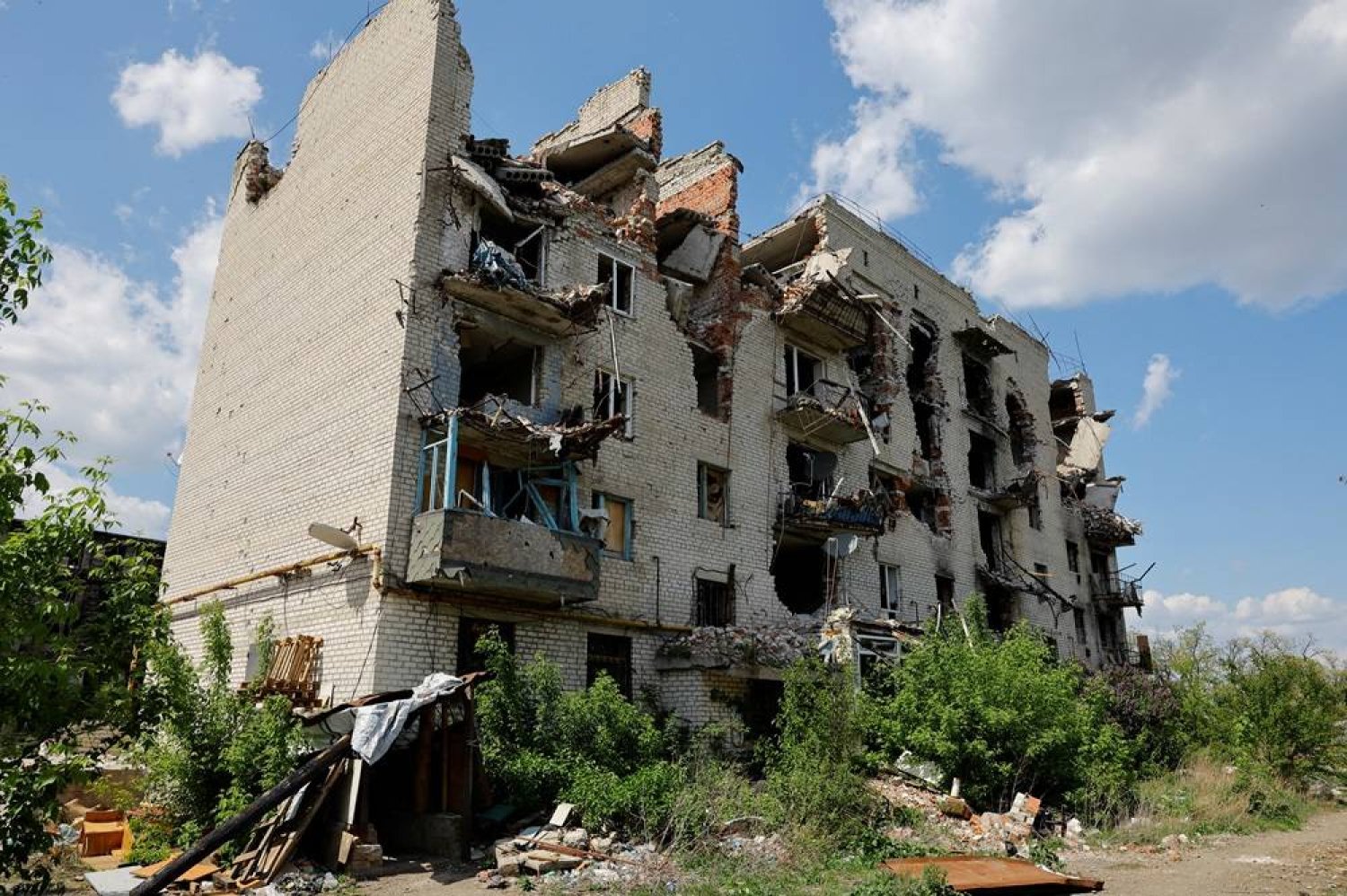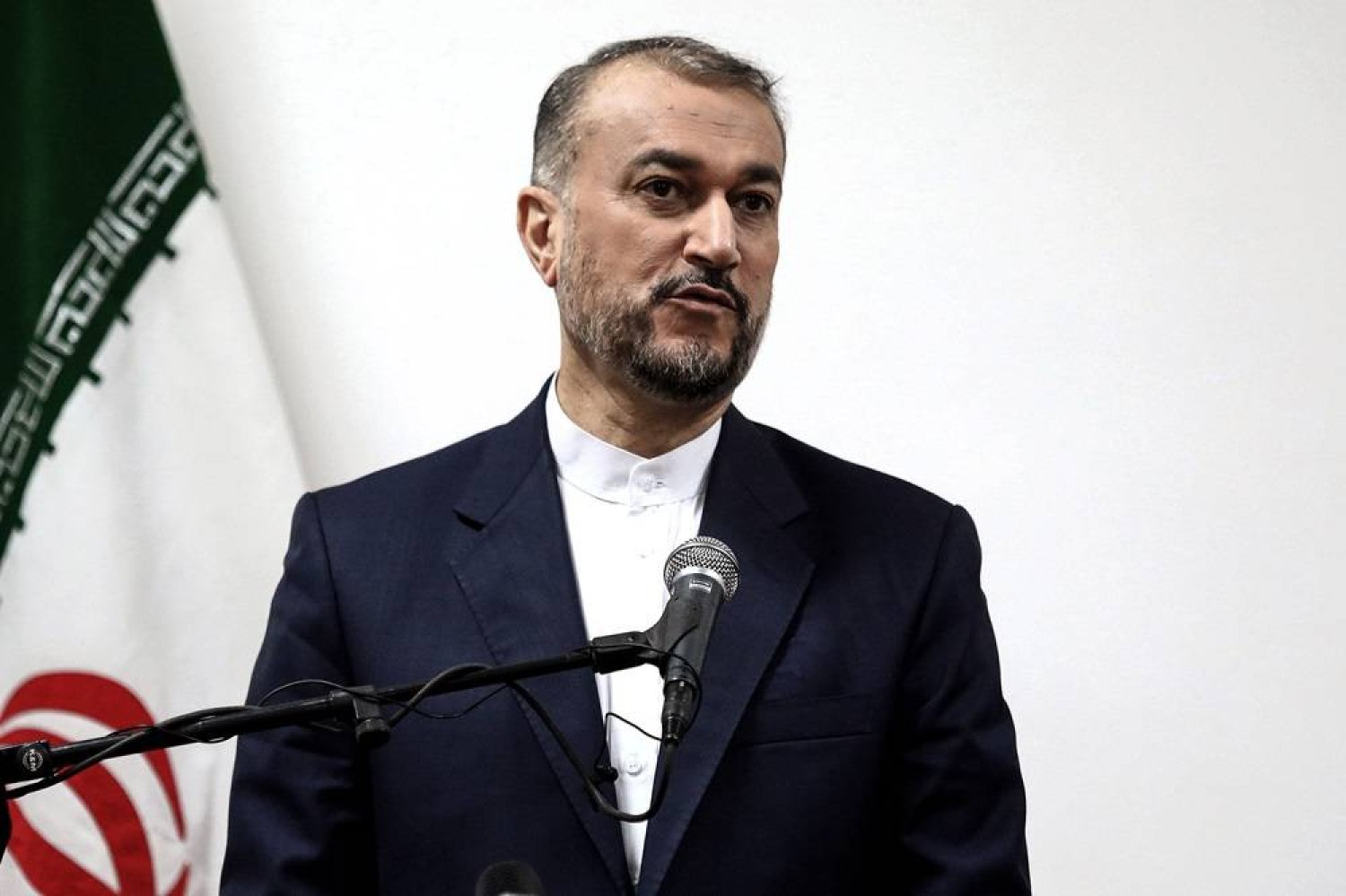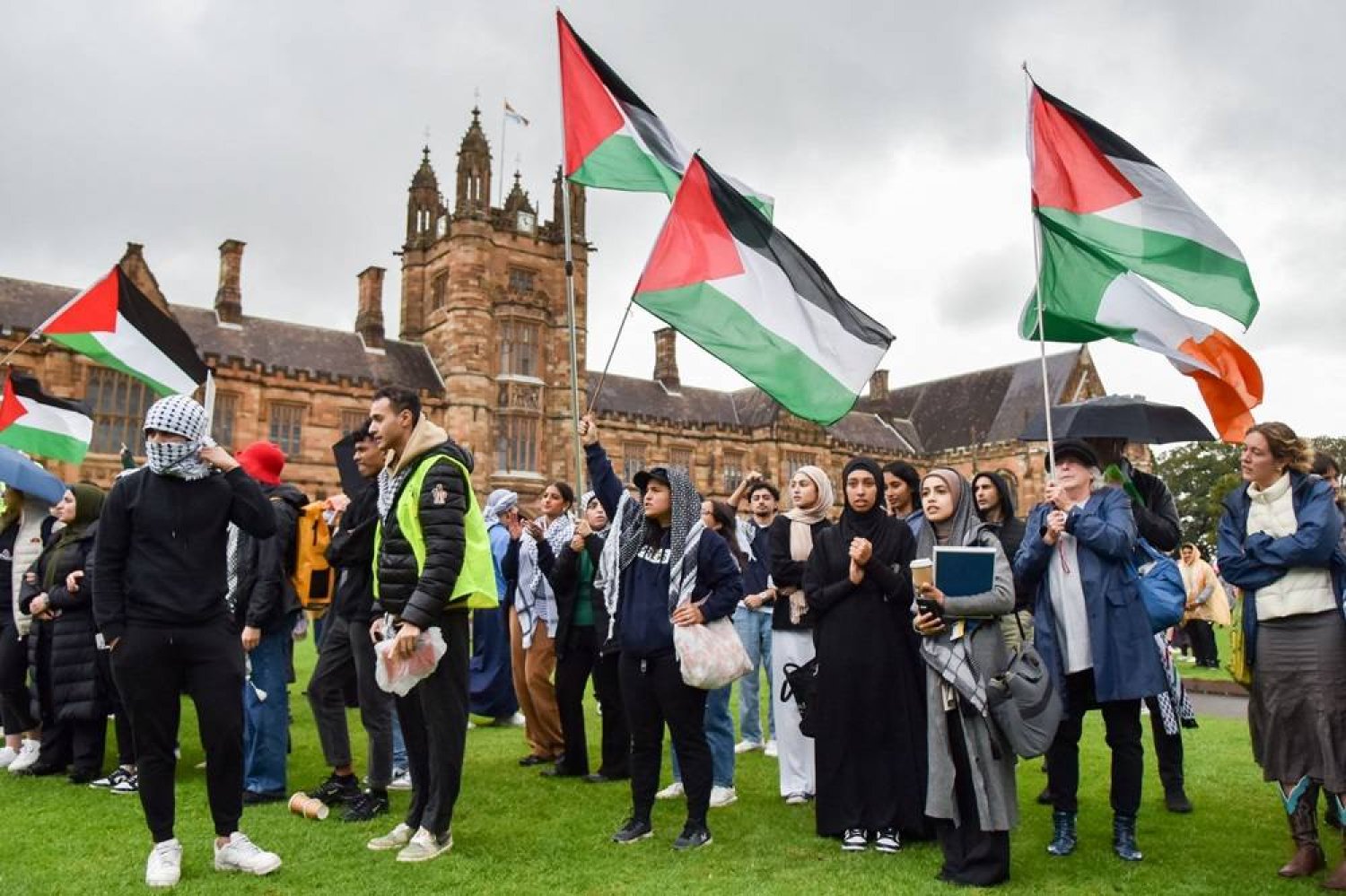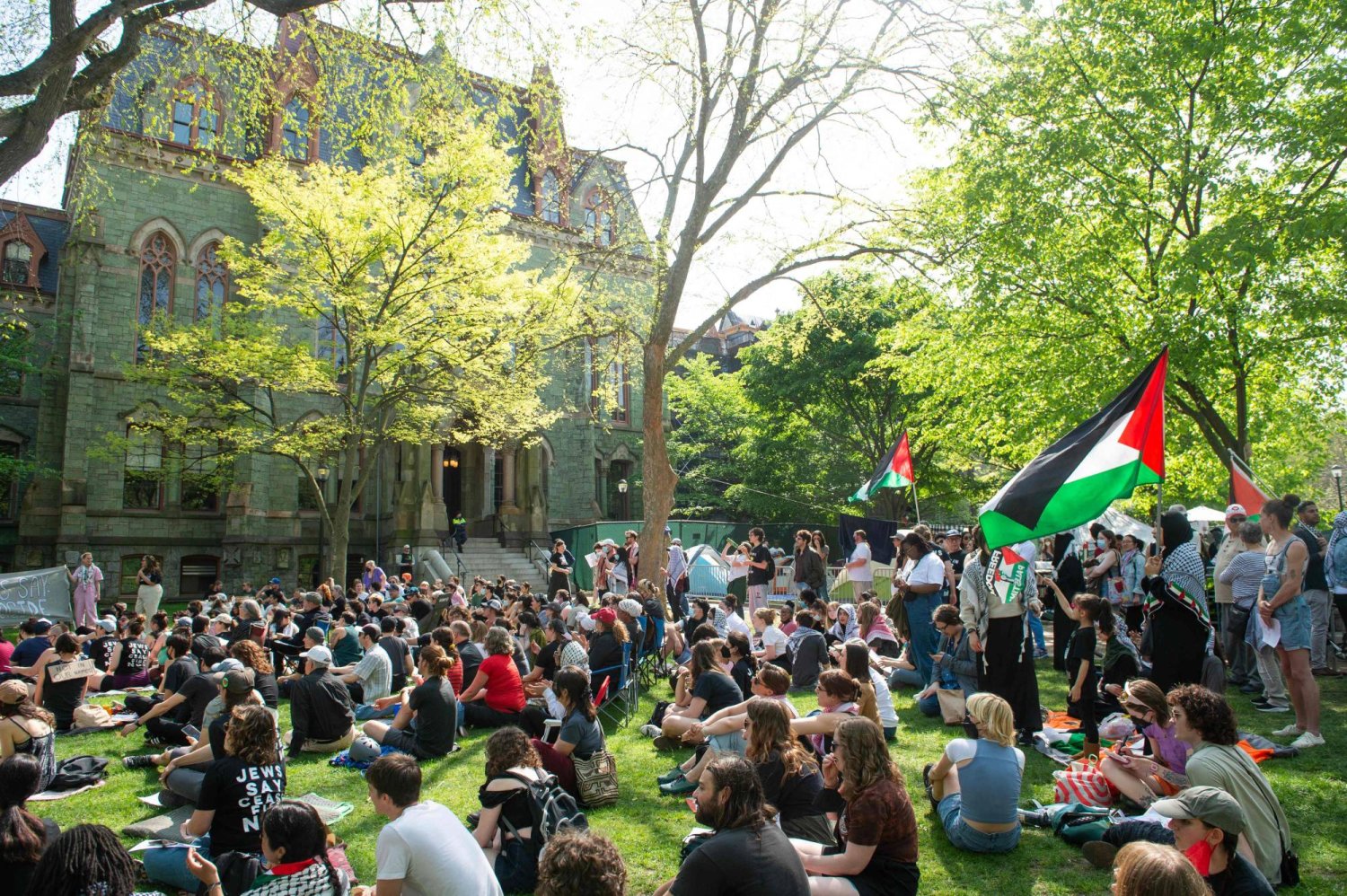President Joe Biden on Thursday defended the right to protest but insisted that "order must prevail" as college campuses across the country face unrest over the war in Gaza.
"Dissent is essential for democracy," he said at the White House. "But dissent must never lead to disorder."
Tensions have been building for days as demonstrators refuse to remove campus encampments and administrators turn to police to clear them by force, leading to clashes that have seized attention from politicians and the media.
Biden said he did not support calls to send in the National Guard. He also said that the protests have not prompted him to reconsider his approach to the war. The Democratic president has occasionally criticized Israel's conduct but continued to supply it with weapons.
His remarks, occurring shortly before he left the White House for a trip to North Carolina, came after days of silence about the protests. Republicans have tried to turn the scenes of unrest into a campaign cudgel, and Biden said he rejected efforts to use the situation to "score political points."
"This isn’t a moment for politics," he said. "It’s a moment for clarity."
Biden's last previous public comment on the protests came more than a week ago, when he condemned "antisemitic protests" and "those who don’t understand what’s going on with the Palestinians."
The White House, which has been peppered with questions by reporters, had gone only slightly further than the president. On Wednesday, press secretary Karine Jean-Pierre said Biden is "monitoring the situation closely," and she said some demonstrations had stepped over a line that separated free speech from unlawful behavior.
"Forcibly taking over a building," such as what happened at Columbia University in New York, "is not peaceful," she said. "It’s just not."
Biden has never been much for protesting. His career in elected office began as a county official when he was only 28 years old, and he’s always espoused the political importance of compromise over zealousness.
As college campuses convulsed with anger over the Vietnam War in 1968, Biden was in law school at Syracuse University.
"I’m not big on flak jackets and tie-dyed shirts," he said years later. "You know, that’s not me."
Despite the White House's criticism and Biden's refusal to heed protesters' demands to cut off US support for Israel, Republicans blame Democrats for the disorder and have used it as a backdrop for press conferences.
"We need the president of the United States to speak to the issue and say this is wrong," House Speaker Mike Johnson, a Louisiana Republican, said on Tuesday. "What’s happening on college campuses right now is wrong."
Johnson visited Columbia with other members of his caucus last week. House Republicans sparred with protesters while speaking to the media at George Washington University in Washington, D.C., on Wednesday.
Former President Donald Trump, his party's presumptive nominee, also criticized Biden in an interview with Sean Hannity on Fox News.
"Biden has to do something," he said. "Biden is supposed to be the voice of our country, and it’s certainly not much of a voice. It’s a voice that nobody’s heard."
He repeated his criticisms on Wednesday during a campaign event in Waukesha, Wisconsin.
"The radical extremists and far-left agitators are terrorizing college campuses, as you possibly noticed," Trump said. "And Biden’s nowhere to be found. He hasn’t said anything."
Kate Berner, who served as deputy communications director for Biden’s campaign in 2020, said Republicans already tried the same tactic four years ago during protests over George Floyd’s murder by a police officer.
"People rejected that," she said. "They saw that it was just fearmongering. They saw that it wasn’t based in reality."
Apart from condemning antisemitism, the White House has been reluctant to directly engage on the issue.
Jean-Pierre repeatedly deflected questions during a briefing on Monday.
Asked whether protesters should be disciplined by their schools, she said "universities and colleges make their own decisions" and "we’re not going to weigh in from here."
Pressed on whether police should be called in, she said "that's up to the colleges and universities."
When quizzed about administrators rescheduling graduation ceremonies, she said "that is a decision that they have to decide" and "that is on them."
Biden will make his own visit to a college campus on May 19 when he's scheduled to deliver the commencement address at Morehouse University in Atlanta.
















